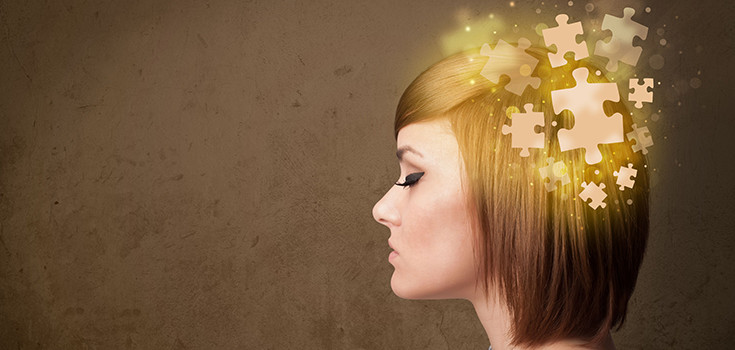Brain Prosthesis Could Help Damaged or Diseased Brains Capture Long-Term Memories
Brain Prosthesis Could Help Damaged or Diseased Brains Capture Long-Term Memories
A potential solution for dementia sufferers
Researchers from the University of South Carolina and North Carolina’s Wake Forest Baptist Medical Center have developed a brain prosthesis designed to help dementia sufferers and brain-damaged soldiers recapture their memories.
When sensory input is sent to the brain, a memory is created in the form of a complex electrical signal that travels through multiple regions of the hippocampus, where memories are stored. The signal is re-encoded at each region until it reaches the final region as a completely different signal that is sent off for long-term storage, ScienceDaily explains.
Sensory inputs to the brain include sights, sounds, smells, and feelings.
If any of these regions are damaged, that long-term memory may never be formed. Patients with Alzheimer’s disease, for example, can recall events that took place many years ago, but lose their short-term memory due to hippocampus damage.
While there is no way of “reading” a memory, researchers have found a way to bypass a damaged or diseased region by decoding its content or meaning from its electrical signal.
The prosthesis, which consists of a small array of electrodes implanted into the brain, has shown promising results in tests on rats and monkeys. At the international conference of the IEEE Engineering in Medicine and Biology Science in Milan, the teams recently announced that the prosthesis is now being evaluated in human brains.
The scientists have tested the prosthesis in patients with chronic seizures. Sam Deadwyler and Robert Hampson, of the Department of Physiology & Pharmacology of Wake Forest Baptist, read the electrical signals created during memory formation at two regions of the hippocampus, then sent that information to Ted Berger and Dong Song, both of the USC Viterbi School of Engineering, to construct the model.
Read: How This Spice can Help Regenerate a Damaged Brain
The teams conducted hundreds of trials with the 9 patients, and the algorithm accurately predicted how the signals would be translated about 90% of the time. [1]
“Being able to predict neural signals with the USC model suggests that it can be used to design a device to support or replace the function of a damaged part of the brain,” Hampson said.
The researchers say the DARPA-funded project may eventually help to treat neurodegenerative diseases, including Alzheimer’s, by allowing signals to sidestep damaged circuitry within the hippocampus.
Now the teams will attempt to send the translated signal back into the brain of a patient with hippocampal damage in an effort to bypass the trouble spot and form a precise long-term memory.
Other researchers are currently implanting devices into individuals who are paralyzed to help them perform simple movements with robotic armsor their own limbs; controversial, I know. This is the first time that scientists have used computers to manipulate memory signals directly in the human brain.
In the mean time, here are 7 natural brain foods for cognitionand concentration.
| About Julie Fidler: | |
| Julie Fidler is a freelance writer, legal blogger, and the author of Adventures in Holy Matrimony: For Better or the Absolute Worst. She lives in Pennsylvania with her husband and two ridiculously spoiled cats. She occasionally pontificates onher blog. | |
Other Popular Stories:

Post a Comment